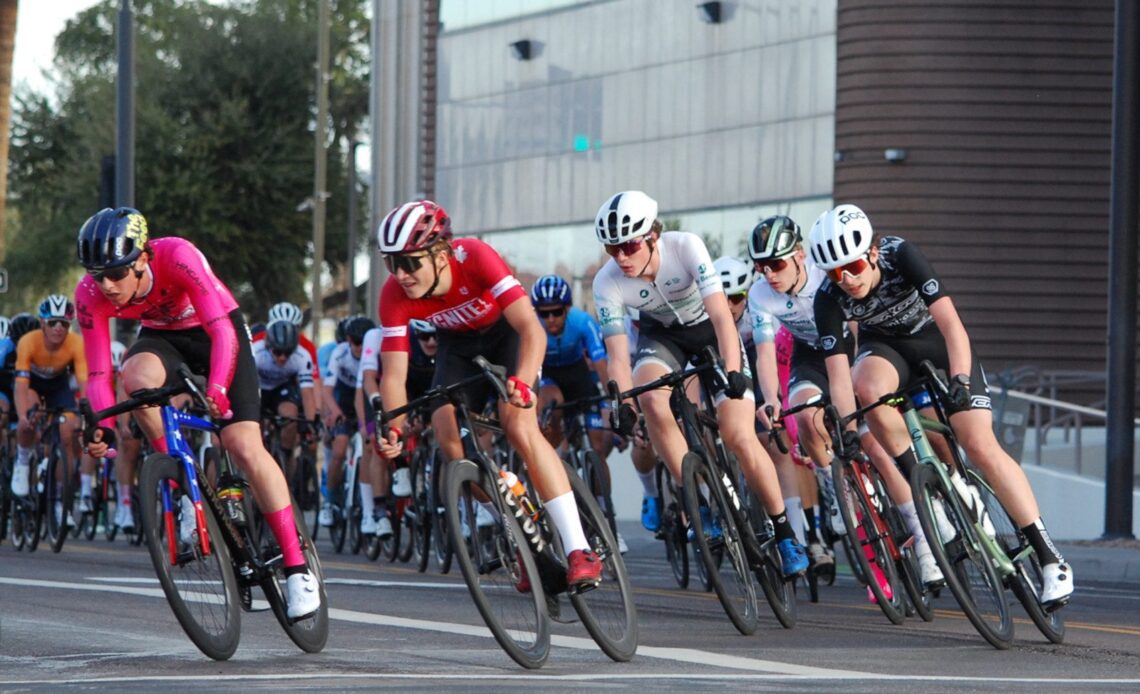The complexities of a bicycle race are what makes it intriguing to the spectator and a game of poker for the racer. Humans can masquerade their pain or strength, tricking their rivals. Team dynamics can win or lose a race. Movements within the peloton, away from the camera, influence the outcome. The strongest rider can be outwitted by a weaker rival. Races are not often won on brawn alone but rather through thoughtful calculation. A cyclist will learn to be a racer through practice, mentorship, and attention to detail. In a game that is often won or lost by tiny percentages the mind can often trump physical brawn. Yet, coaches, scouts and riders often focus their attention, whether in training or selection, on the physical aspects of the cyclist.
The “game” of cycling
As we rolled through the Los Angeles hills, Dr. Allen Lim and I were discussing how to structure training sessions. With a group of riders that spanned generations and genders we had just lapped out loops around the Rose Bowl, leading out Ruth Winder as she prepared for her racing season. The imaginary finish line was marked by a bollard at the roadside. We discussed the importance of sessions like these: riders find the flow within the group at speed, they gauge each other’s movements, they gain the confidence going into the coming races. They learn to time a sprint based on wind, elevation etc. Often, simple games on the bike are overlooked in favour of a structured solo effort.
Listening to retired NBA player and, now youth coach, JJ.Redick, talk about coaching kids and going into detailed descriptions of their practices and games. It made me aware of how little cycling coaches focus on strategy in comparison to other sports. Even at the pro level, race video analysis and preparation remains rare. This is unlike in most other pro sports where teams of analysts review tape footage detailing every movement. As many races unfold in a similar pattern on a similar course each season, video analysis could play a significant role in preparing riders before or debriefing after. Similarly, analysis of competitors’ strengths, weaknesses and movements on the bike, would give a performance edge. Each team should have a database of recent races they can draw on to prepare their riders and sports directors.
The complexities of strategy in bike racing
Cycling is unique in that it is an endurance sport, and the team structure and strategy is arguably more complex than ball/puck sports…
Click Here to Read the Full Original Article at Canadian Cycling Magazine…

